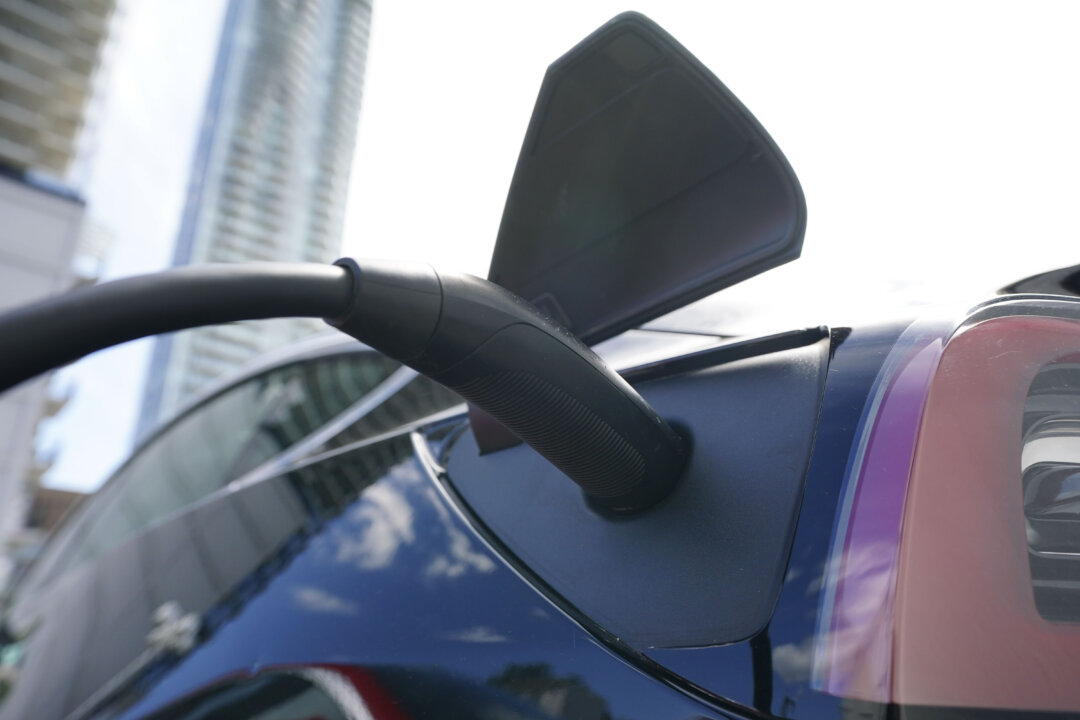Technology
Quebec EV Battery Projects Hit Snags, One Suspended and One Cancelled

Plans for two significant electric vehicle (EV) battery projects in Quebec have faced setbacks, as one initiative has been suspended and another entirely cancelled. These developments reflect the broader challenges impacting the EV industry globally.
The first project, an expansion of the Ultium Cam facility in Bécancour, Quebec, is now on hold. This facility is part of a joint venture between General Motors (GM) and the South Korean company POSCO, focusing on the production of cathode active material crucial for EV batteries. The initial phase of the Ultium project, which carries a price tag of $600 million, is currently under construction and is set to commence production in 2024.
In tandem with this development, a second project spearheaded by Vale Base Metals, intended to supply nickel sulfate to the Ultium Cam facility, has been scrapped altogether. This cancellation was first reported by Radio-Canada, highlighting the shifting landscape in the EV sector.
Marie Binette, a spokesperson for GM, stated that the decision to pause the second phase of the Ultium project was made “in light of evolving market dynamics.” This comment underscores the impact of global market conditions on the viability of EV-related projects, prompting companies to reassess their strategies in response to a slowdown in the industry.
As the electric vehicle market continues to evolve, these developments in Quebec reflect a larger trend of caution among companies investing in EV technologies. The challenges faced by Ultium Cam and Vale Base Metals may serve as an indicator of the broader economic factors influencing the future of electric vehicle production and supply chains.
-

 World3 months ago
World3 months agoScientists Unearth Ancient Antarctic Ice to Unlock Climate Secrets
-

 Entertainment3 months ago
Entertainment3 months agoTrump and McCormick to Announce $70 Billion Energy Investments
-

 Science3 months ago
Science3 months agoFour Astronauts Return to Earth After International Space Station Mission
-

 Lifestyle3 months ago
Lifestyle3 months agoTransLink Launches Food Truck Program to Boost Revenue in Vancouver
-

 Technology2 months ago
Technology2 months agoApple Notes Enhances Functionality with Markdown Support in macOS 26
-

 Top Stories6 days ago
Top Stories6 days agoUrgent Update: Fatal Crash on Highway 99 Claims Life of Pitt Meadows Man
-

 Sports3 months ago
Sports3 months agoSearch Underway for Missing Hunter Amid Hokkaido Bear Emergency
-

 Politics2 months ago
Politics2 months agoUkrainian Tennis Star Elina Svitolina Faces Death Threats Online
-

 Technology3 months ago
Technology3 months agoFrosthaven Launches Early Access on July 31, 2025
-

 Politics3 months ago
Politics3 months agoCarney Engages First Nations Leaders at Development Law Summit
-

 Entertainment3 months ago
Entertainment3 months agoCalgary Theatre Troupe Revives Magic at Winnipeg Fringe Festival
-

 Politics7 days ago
Politics7 days agoShutdown Reflects Democratic Struggles Amid Economic Concerns





















